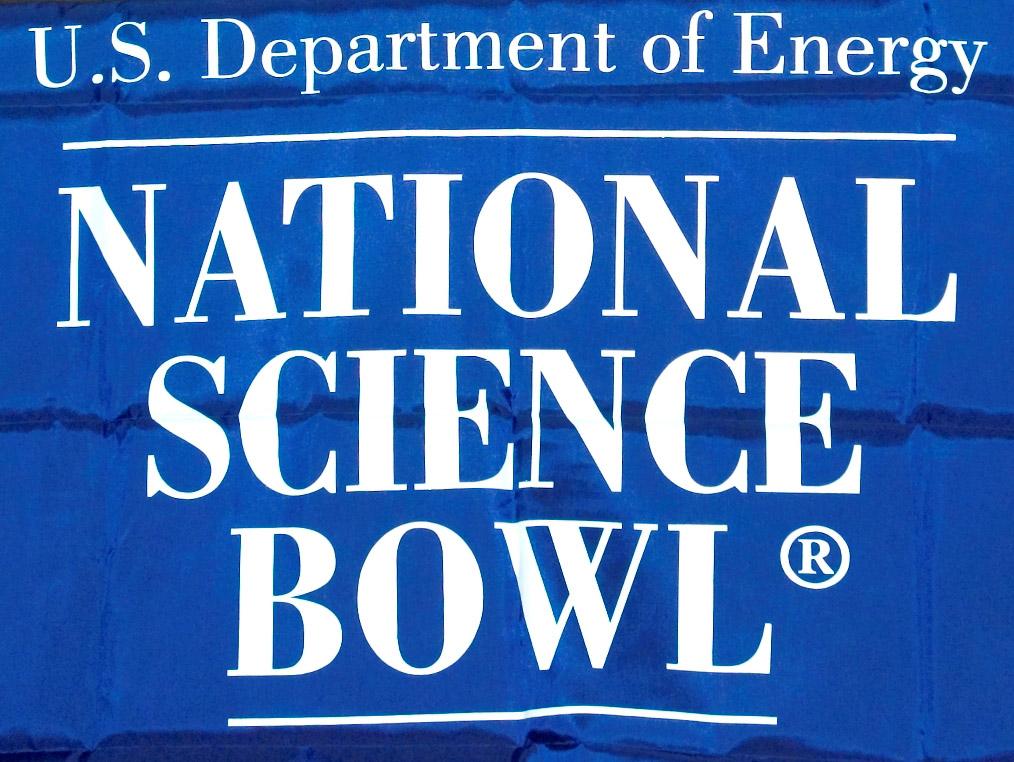Chemistry teacher Kathy Nakamatsu’s room was jam-packed with over 60 students struggling over a series of difficult science questions, ranging from DNA nucleotides to geological phenomena. These students were tackling the difficult problems for the sake of science—Science Bowl tryouts, that is.
So many students attended the tryouts that science teacher Kristen Thomson’s room had to be used in addition to Nakamatsu’s to fit all prospective members.
A buzzer round after the first written round determined the 10 students selected to participate on the school’s Science Bowl; five students were selected for Team A and the remaining five for Team B.
On Team A are senior captain Amanda Chow, senior Justin Chiang and juniors Robert Eng, Nolan Chen and Nick Chow. Team B is made up of seniors Michael Lee, Nikki Bedekar, Aasim Naqvi and sophomores Samuel Chung and Shivaram Yellamilli.
Team A will compete at the regional tournament in February, while Team B will compete if there is enough space. This is the result of a recent rule change by the Science Bowl governing body; last year, both of the teams were allowed to compete.
Science Bowl is a competition sponsored by the U.S. Department of Energy that pits teams against each other to answer science trivia questions. Schools compete in teams of five, Chen said.
Science Bowl’s main competition will be held at the Stanford Linear Accelerator Center on Saturday, Feb. 9. Twenty-four teams will be attending, and the winning team advances to the national tournament in Washington, D.C., Amanda Chow said.
Science Bowl competitors use buzzers to “buzz in” to answer questions, which means that speed is essential.
“Speed is almost as much of a factor as knowledge because you only have five seconds to answer each question and you have to be faster than the opponent,” Chen said.
The breadth of topics in Science Bowl requires individuals to have a large knowledge of all major scientific topics.
“You need a broad scientific knowledge base to succeed in Science Bowl as there are six different categories with equal weight: math, biology, earth and space science, chemistry, physics and energy,” Chen said.
However, members are not expected to be experts in every topic.
“You don't have to be an expert in all of the categories; you can rely on teammates who specialize in the lesser known categories. It's hard to find people who can cover astronomy, but Robert does a solid job,”Amanda Chow said.
She believes that the fast-paced nature and the team aspect makes Science Bowl fun.
“I've been doing Science Bowl since we started the program two years ago, and it's been one of the highlights of high school for me …The buzzer-style of the competition makes it more exciting that a typical pen and paper contest,” she said. “I also continued doing Science Bowl because of the team spirit, which you can feel surge after we answer a bonus question correctly.”
This year’s Science Bowl team hopes to build on the success of their previous year, where they placed third in the regional competition.
“As for competition results, we're expecting to make it into at least playoffs this year,” Amanda Chow said. “But regardless of the results, we'll be happy if we know we gave it our best shot.”


























